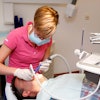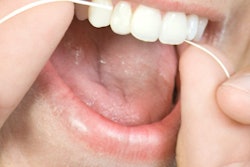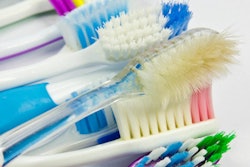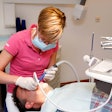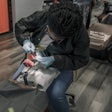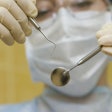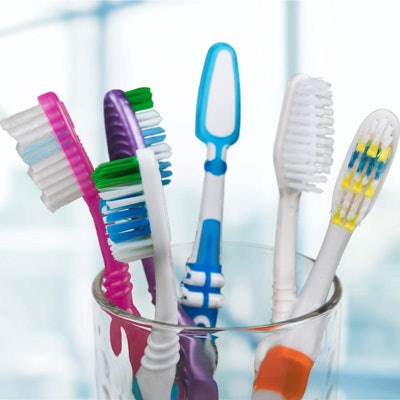
Millennials aren't so great at brushing their teeth, even when they're asked to brush to the best of their ability. That's the finding of a new study in BMC Oral Health that evaluated the toothbrushing habits of young adults.
Researchers from Germany recorded dozens of young adults brushing their teeth supposedly to the best of their ability. However, many study participants skipped entire tooth surfaces and sections, making the researchers question whether young adults know how to properly brush at all.
"Young adults apparently lack a reasonable concept of what is meant by high-quality toothbrushing," wrote the authors, led by Renate Deinzer, Dr. rer. nat., a professor in the department of medicine at Justus Liebig University Giessen (BMC Oral Health, October 19, 2018). "More efforts should thus be undertaken to explain to them (and adults) this concept."
What went wrong
Studies have proved time and time again that adults are notoriously bad at brushing their teeth. However, the researchers were curious if people's toothbrushing quality would improve if they were asked to brush to the best of their ability.
“Young adults apparently lack a reasonable concept of what is meant by high-quality toothbrushing.”
To find out, they invited all young adults born in 1995 and presently living in Giessen, Germany, to participate in a toothbrushing study. They excluded participants who had any professional dental training, wore fixed orthodontic appliances, or had cognitive or physical impairments that affected their toothbrushing ability. They also excluded those who regularly used a powered toothbrush.
A total of 98 young adults were asked to clean their teeth to the best of their ability. The researchers recorded the young adults with a tablet computer while they brushed in front of a sink. All participants were provided with a standard toothbrush and toothpaste, as well as different proximal hygiene options, including waxed and unwaxed dental floss, superfloss, and interdental brushes.
"The good news from these observations is that young adults, when asked to perform oral hygiene to the best of their abilities, spent an average of 3:20 [minutes] brushing," the authors wrote. "This is more than 60% above common recommendations and suggests they were motivated to give it their best."
However, despite their marathon brushing time, the participants' technique was less than ideal. The young adults spent 40% of their time brushing lateral surfaces horizontally, and nearly 70% of participants still had persistent plaque after they finished.
"These young adults brushed occlusal surfaces nearly 3 times longer than palatinal surfaces, even though gum disease and even caries in adults originate at lateral surfaces," the authors wrote. "Furthermore, 80% of the study sample skipped at least one sextant when brushing palatinal surfaces; only 5% brushed all palatinal sextants for more than 7.5 [seconds]."
The lack of toothbrushing quality wasn't the only concerning finding in this study. The researchers had also hoped to include interproximal cleaning in their analysis, but too few participants cleaned between their teeth to make it feasible.
"Only 15 participants performed interdental cleaning," the authors wrote. "Furthermore, most of these applied them only in some interdental spaces."
Need to improve education
The study focused exclusively on young adults in a small town in Germany, so the results may not be applicable to those living in other places around the world. Furthermore, the young adults opted into the study, which may have biased the results.
However, the findings are still worrying and suggest that many young adults do not know proper brushing techniques and may conflate brushing longer with brushing better. The authors hope that researchers will conduct similar studies in other countries and also that new studies will investigate whether various oral hygiene education interventions can improve young adults' brushing behavior.
"The present study demonstrates that -- at least in young German adults -- the demand to improve one's oral hygiene might be useless as long as it is not explained in detail what exactly has to be improved," the authors wrote. "The observed distribution of brushing time across regions indicates that young adults have a poor concept of what is important while brushing."

